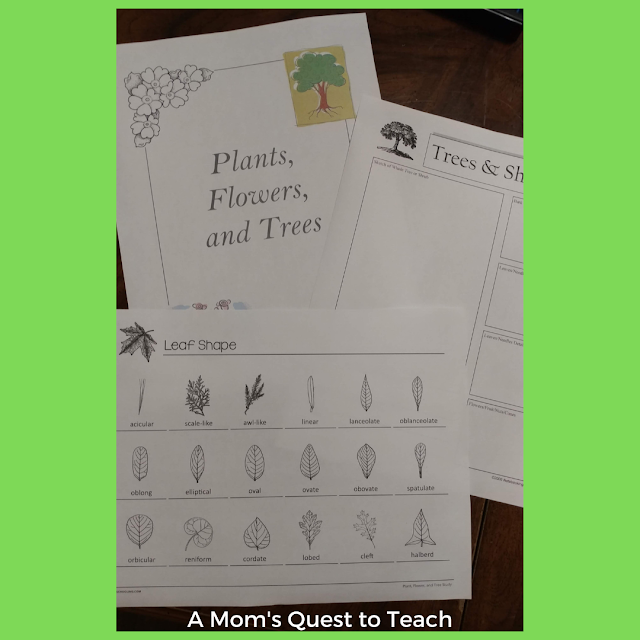This post contains affiliate
links. For more information, please see my Terms of Use and Disclosure Policy
page. Thank you.
There are so many great options to take science outside during the summertime - from studying insects and flowers to planting and growing vegetables. When the weather gets nice, children can take their science books outside and identify birds, reptiles, and trees to learn more about the world around them.
What Will We Be Using This Summer?
Useful curriculum and homeschooling resources abound if you want to make science fun during the summer. Your children might not even realize they are learning when you take nature walks and learn the names of the flora and fauna you see on your journey. Or maybe you will let them stay up late one night and search out constellations, planets, and the moon. And don't forget those activities that can also double as science experiments such as seeing what happens when you combine baking soda and vinegar. Two years ago we made frozen chalk with baking soda and then added vinegar!
One of the homeschooling curricula we are utilizing in our homeschool this summer is from SchoolhouseTeachers.com. We are using Let's Do Science Outside to expand our science lessons to include more nature fun. There are twenty homeschool science activities that are ready to print and take outside. They are best suited for grades first through fourth so they are perfect for our two younger children. If your children enjoy searching for insects and creepy crawlers, they can make a home for worms or a bug hotel using the instructions and recording sheets provided. As I am not too fond of insects, we will stick to other topics like designing a flower, going on a sensory walk, and identifying trees.
We are also using notebooking pages from Productive Homeschooling: Notebooking Pages & More to study our local trees. One of my favorite days when I was a summer camp counselor at a zoo was the day we spent talking about trees and plants. I loved walking around the zoological gardens with the children and identifying the different trees. Now, this was rather easy as the horticulture department of the zoo had labeled all the trees with tags. After a while, I began to have the different trees memorized not only by the location in the zoo but also by their bark and leaves. I still know some trees but not nearly as many as I used to when I was younger.
By completing the notebooking pages, our family can study the trees in our areas. Understanding what plants and trees are native to one's area is very important. One of the problems that many areas are facing is invasive species (plants, insects, and animals) moving in and pushing out native species. If our children can properly identify the different species of plants native to our area, then we can do our part to ensure that they are protected.
A Great Investment
Did you know that SchoolhouseTeachers.com offers STEM courses and activities to inspire, challenge, and motivate your children this summer? Just like we will be using Let's Do Science Outside, you can use part of whatever science curriculum you think will be exciting and fun for your children. Use coupon code: LADYBUG to pay only $27.97 for a PreK-8 Quarterly Membership (regularly $37.97).
One of the courses that we used parts of previously in our homeschool was Small World Sensory Science (click here for my more information on A Mom's Quest to Teach). The 12 lessons help your children explore the farm, the pond, the ocean, wind, construction, and more! There is even a lesson on keeping things tidy since sensory activities can be messy. What a fun way to spend the summer!






that sounds like a good course for littles!
ReplyDeleteWe always did more science in the summer since we could tackle messy experiments like mentos/soda bottle reactions and other things I would not want to try doing in the house. Plus it was a fun way to keep busy that didn't always feel like schooling/learning.
ReplyDelete